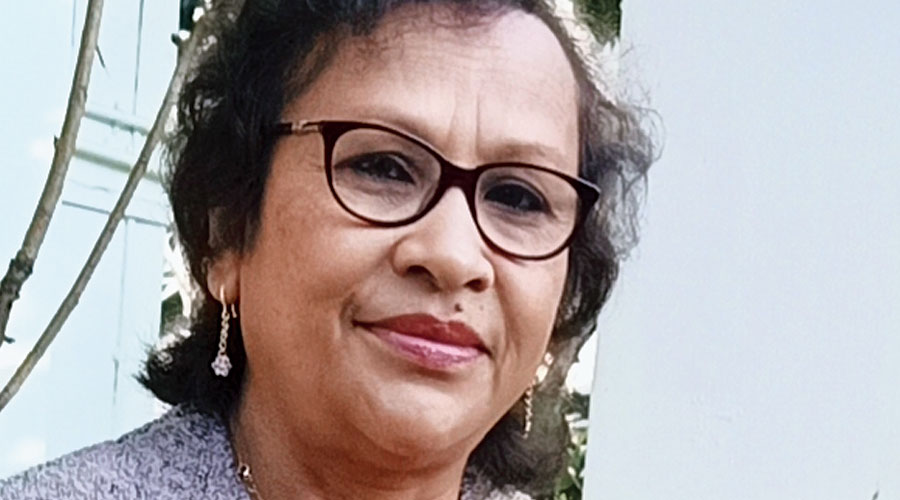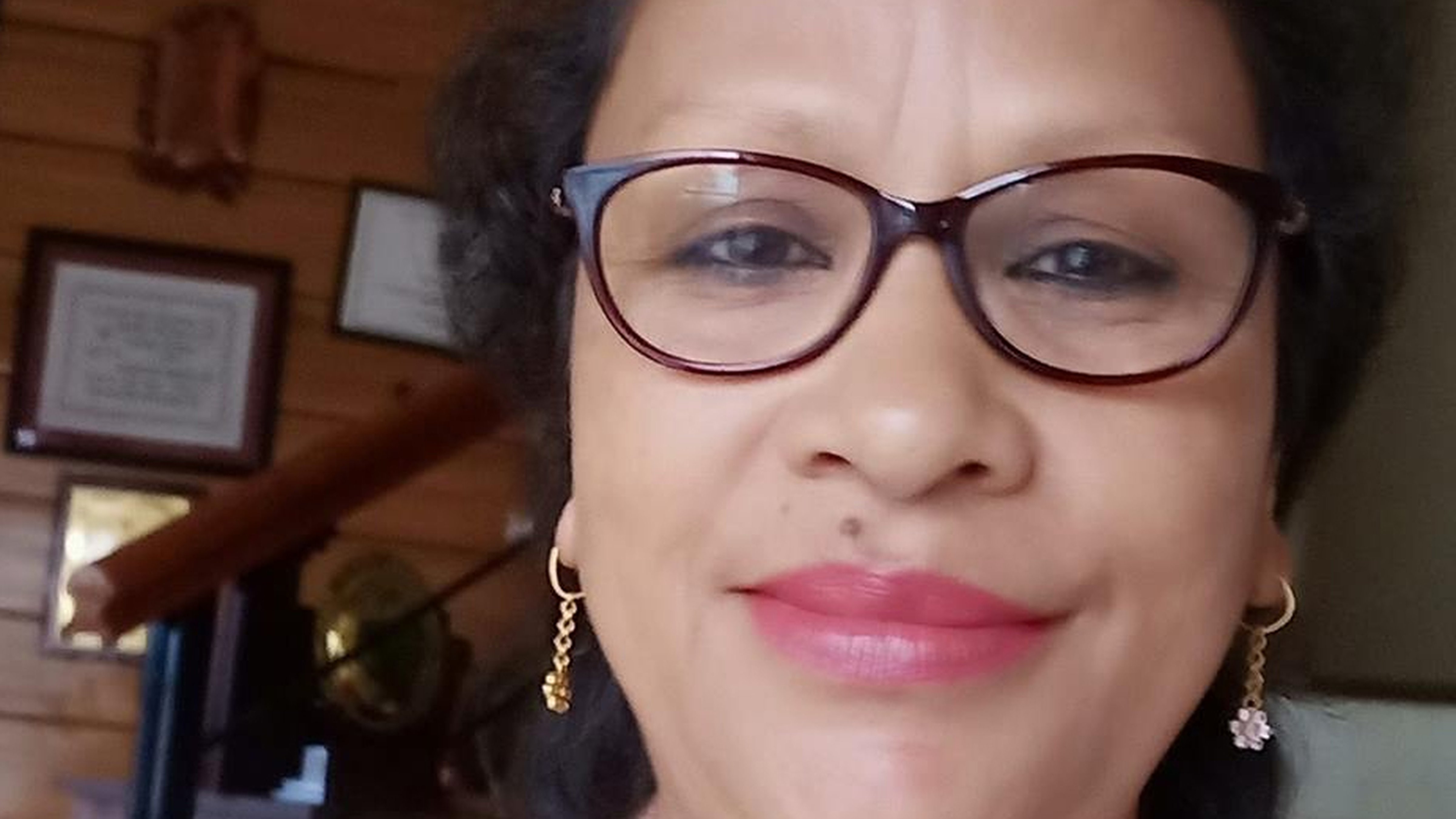Meghalaya High Court has refused to quash a criminal case filed against Shillong-based senior journalist Patricia Mukhim for a July 4 Facebook post as it “apparently seeks to promote disharmony or feelings of enmity, hatred or ill-will between two communities”.
Mukhim, a Padma Shri awardee, told The Telegraph on Thursday that she would contest the ruling in the Supreme Court as soon as possible because she had only “raised” the issue of “continued” attacks on non-tribals in the state in her post.
The Facebook post had been written in connection with the July 3 attack on a group of youths playing basketball at Lawsohtun, Shillong, by another group of 20-25 unidentified youths, resulting in injuries to the victims. Seven persons were arrested.
Police registered a criminal case at Laban police station accusing Mukhim of inciting communal tension between tribal and non-tribal communities and defaming a traditional village institution of the Khasis, the complainant.
The police had also issued a notice under CrPC Section 41A on July 9 requiring Mukhim to appear before the investigating officer within seven days of receipt of the notice. The journalist then moved the court with a prayer to quash and set aside the July 6 complaint.
However, in his November 10 order, Justice W. Diengdoh of Meghalaya High Court held that the Facebook post had “sought to create a divide to the cordial relationship between the tribals and non-tribals living in the state of Meghalaya, even alluding to the role of the state machinery as being biased in this regard”.
“…What can be established herein is that prima facie, it appears that a case under Section 153A IPC is made out against the petitioner herein,” the court added.
Section 153A of the IPC deals with promoting enmity between different groups on grounds of religion, race, place of birth, residence, language, etc, and doing acts prejudicial to the maintenance of harmony.
In her post, Mukhim had said: “...The attackers, allegedly tribal boys with masks on, should be immediately booked. This continued attack on non-tribals in Meghalaya whose ancestors have lived here for decades, some having come here since the British period, is reprehensible to say the least. The fact that such attackers and trouble mongers since 1979 have never been arrested and if arrested, never penalised according to law, suggests that Meghalaya has been a failed state for a long time now.”
Requesting the state government and the police under DGP R. Chandranathan to take the matter with the seriousness it deserves, the post had added: “Show us, the public, that we have a police force we can look up to.... And what about the Dorbar Shnong of the area? Don’t they have their eyes and ears to the ground? Don’t they know the criminal elements in their jurisdiction? Should they not lead the charge and identify those murderous elements? This is the time to rise above community interests, caste and creed and call out for justice.”
Dorbar Shnongs are traditional village institutions of the Khasis and are composed of all Khasi inhabitants of not less than 18 years of age. Prevailing age-old customary and traditional governance and adjudication are carried out at Dorbar Shnongs.
The high court said after going through the Facebook post: “... What can be deduced is that there is an attempt to make a comparison between tribals and non-tribals vis-à-vis their rights and security and the alleged tipping of the balance in favour of one community over the other.
“This, in the opinion of this court, would fall on the mischief of Section 153A (a) IPC as it apparently seeks to promote disharmony or feelings of enmity, hatred or ill-will between two communities.”Mukhim told this newspaper: “My Facebook post was not to create communal disharmony but to uphold the human rights of those assaulted by arresting the assaulters so that the rule of law is upheld for every citizen irrespective of community.”
Justices D.Y. Chandrachud and Indira Banerjee had on Wednesday observed during the bail hearing of Goswami that the apex court was more concerned about a citizen’s fundamental right to liberty and that “personal liberty of citizens” must be upheld.
Mukhim, who fears that her personal liberty is at risk, referred to Justice Chandrachud’s message to high courts that they “exercise your jurisdiction to uphold personal liberty…. Case after case, high courts are denying personal liberty.”











